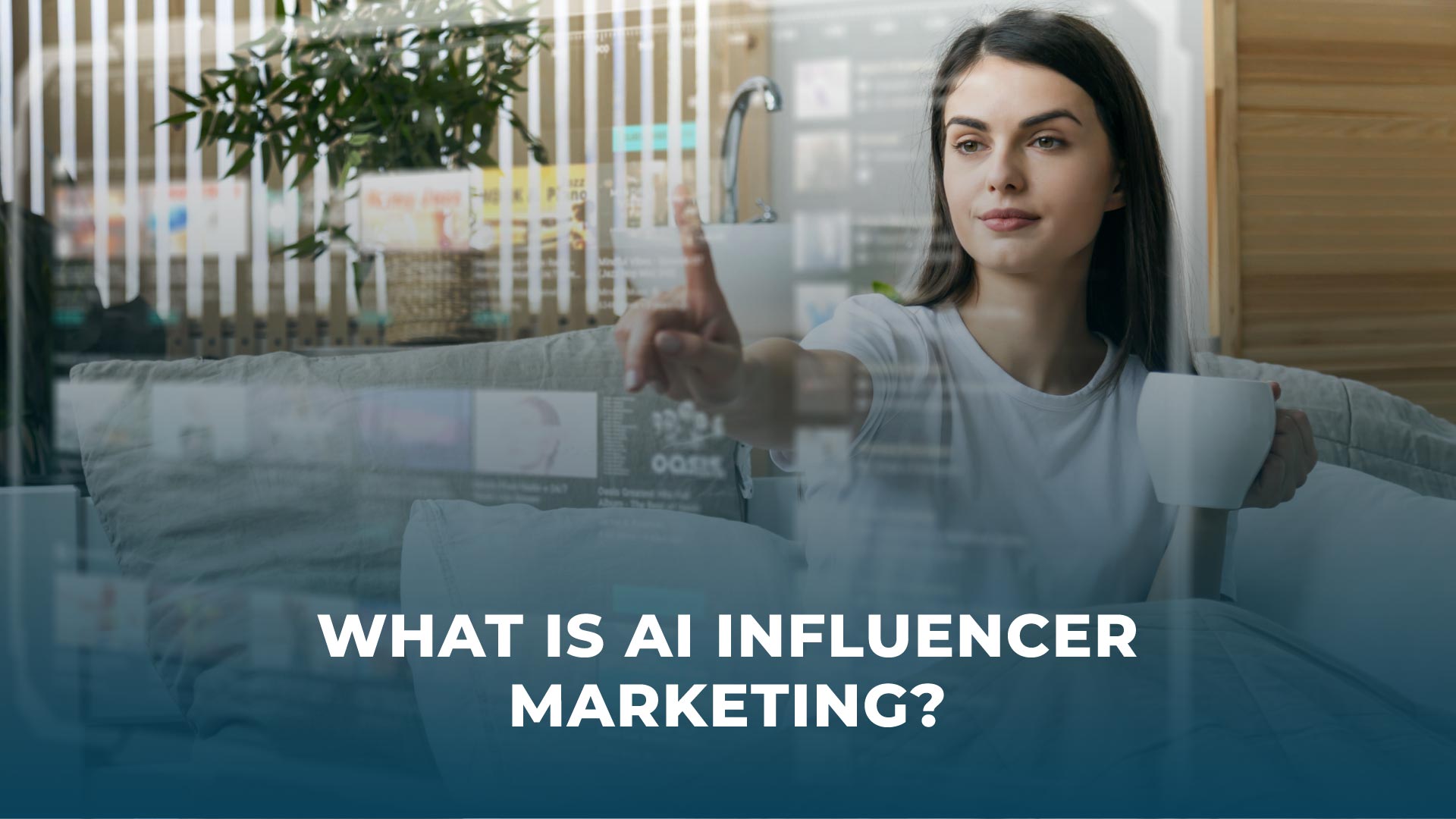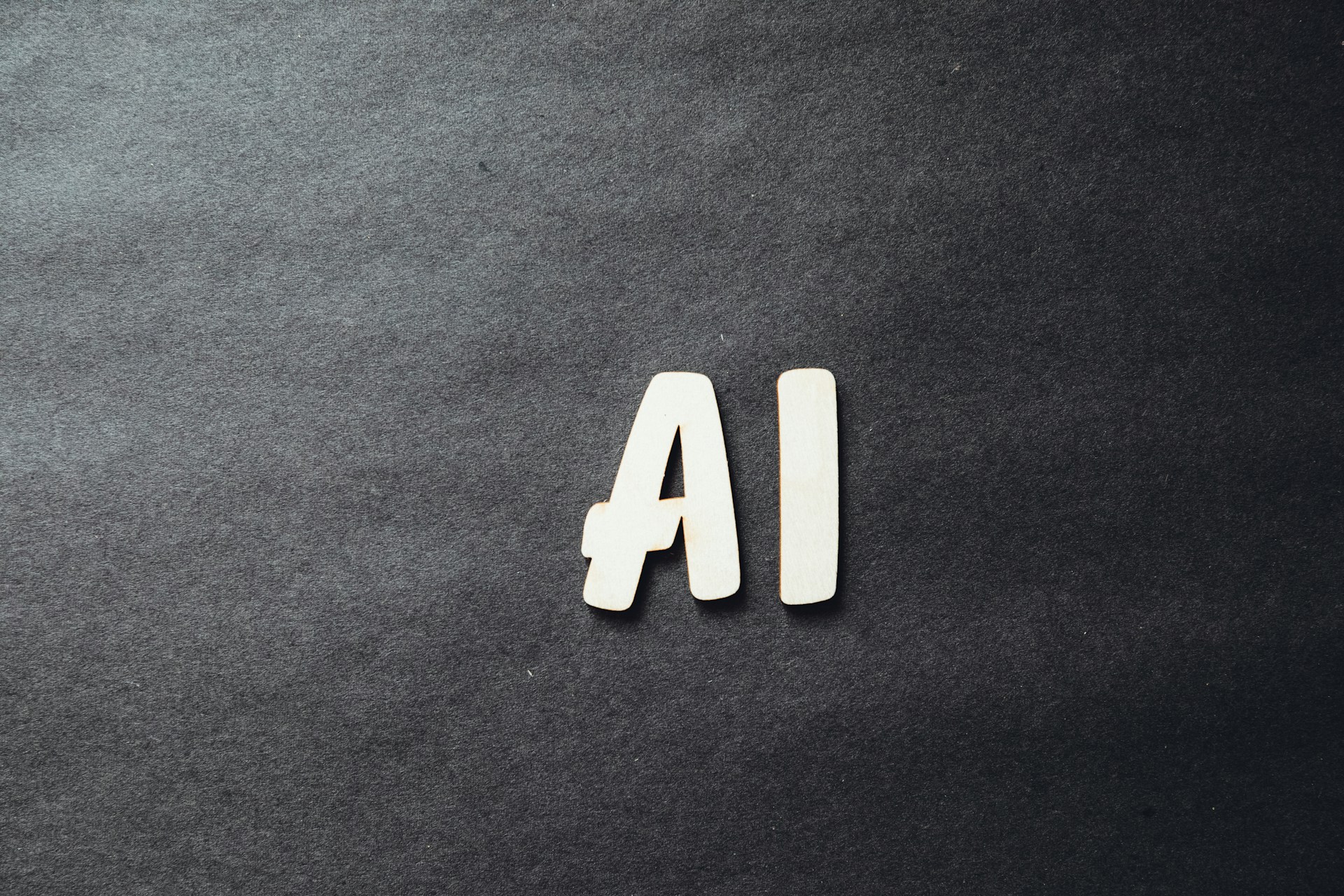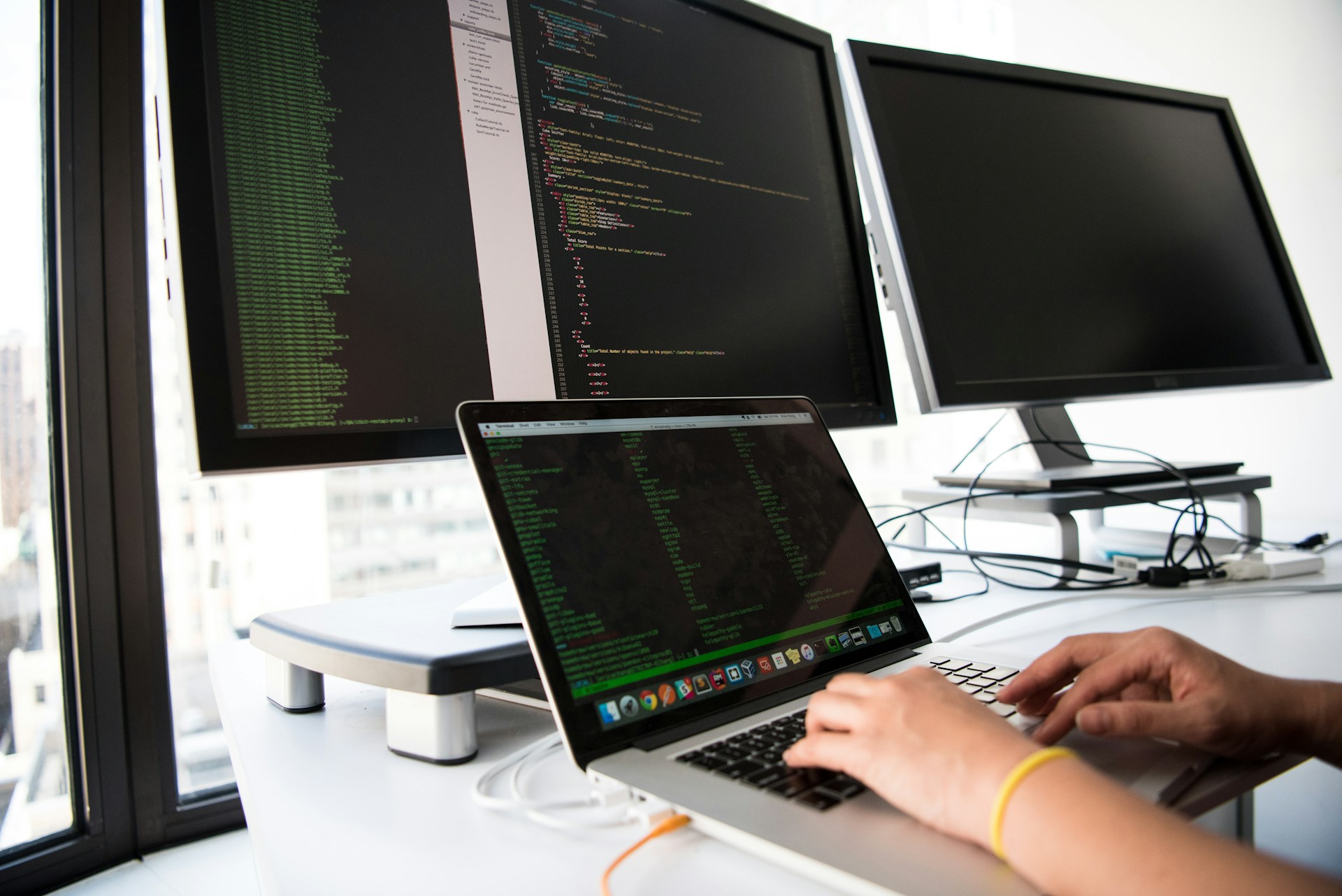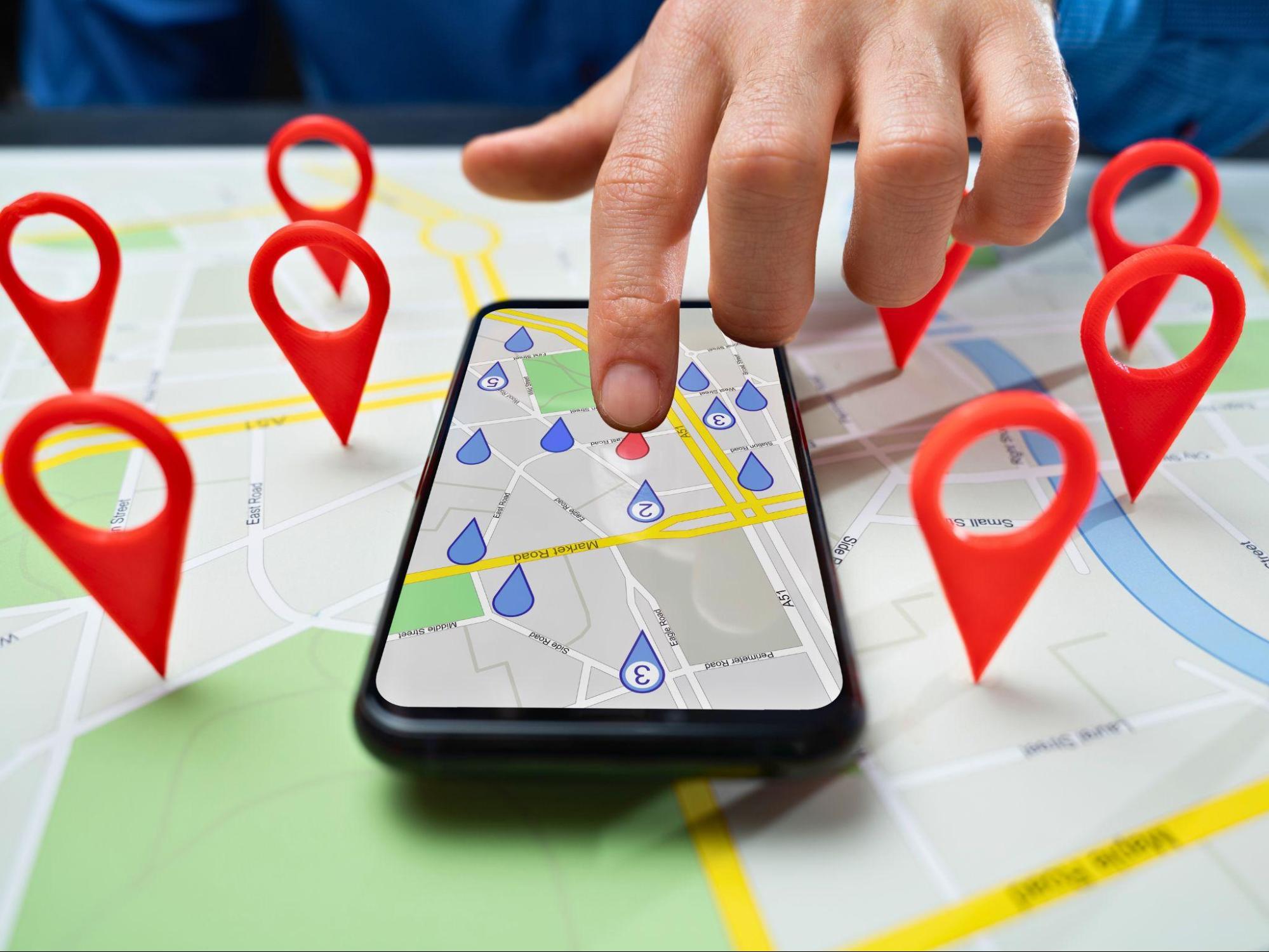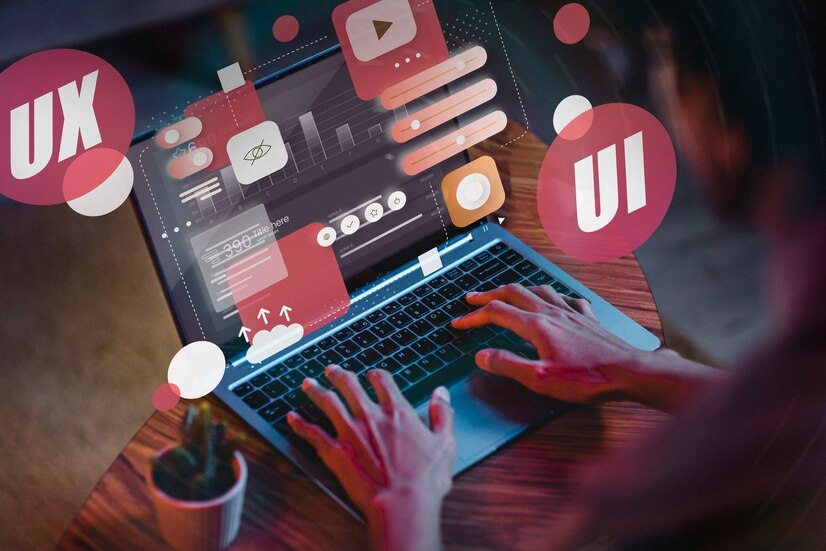What is AI Influencer Marketing?
In 2022, the influencer marketing sector witnessed a substantial rise, reaching a market size of $16.4 billion. Given the prevalence of influencer marketing campaigns among marketers, the continual increase in the influencer count is hardly surprising. The effectiveness of influencer marketing in driving conversions and sales has been well-established.
Quick Links
However, there’s a caveat. Despite the industry’s growth, it faces challenges. About 67% of brands express concerns about influencer fraud, while nearly 30% of marketers grapple with measuring the ROI of their campaigns. Additional common hurdles include identifying suitable influencers and determining appropriate compensation.
Fortunately, the evolution AI technology and machine learning signifies a promising solution to these challenges for marketers.
What is AI Influencer Marketing?
AI influencer marketing employs artificial intelligence technologies to identify, analyze, and engage with potential influencers on behalf of a brand. The objective is to pinpoint individuals with a substantial and actively involved following on social media, demonstrating likely interest in a brand’s products or services. This is accomplished through various techniques, including sentiment analysis, machine learning algorithms, and natural language processing.
What sets AI influencer marketing apart from traditional approaches is its reliance on a more data-driven methodology. Instead of depending on personal connections or instincts, AI influencer marketing utilizes data to pinpoint potential influencers and assess their engagement rates, demographics, and preferences. This information is then utilized to craft a targeted campaign designed to resonate more effectively with the influencer’s followers. For instance, if an influencer boasts a significant following of fashion enthusiasts, a fashion brand could create a campaign highlighting their latest clothing line.
What is the Role of AI in Influencer Marketing?
Influencer marketing has evolved into a formidable force, and the advent of AI has transformed the strategies employed by marketers in their campaigns. Recent statistics underscore this shift, indicating that a remarkable 61.4% of marketers have adopted AI, recognizing its substantial potential to yield impactful results. Notably, AI has exerted a profound influence on content production, with 44.4% of marketers leveraging AI-powered tools to craft compelling and tailored content. A substantial 54.5% of marketers express a positive outlook, acknowledging AI’s transformative impact as a game-changer in the realm of influencer marketing. Let’s delve into some key ways in which AI is significantly shaping the landscape of Influencer Marketing.
- Authentic Influencer Selection: AI empowers brands to pinpoint influencers whose values resonate with their brand identity and target audience. Through the analysis of social media content, sentiment, and engagement metrics, AI can evaluate an influencer’s authenticity and credibility. This process ensures that partnerships are established on authentic connections, cultivating trust and resonance with the audience.
- Real-Time Performance Optimization: Utilizing AI algorithms enables real-time monitoring and analysis of campaign performance. This flexibility empowers brands to adjust strategies on the go, fine-tune content, and enhance overall impact. The insights derived from AI aid in recognizing emerging trends, shifts in consumer sentiment, and competitor activities. This proactive approach enables brands to stay ahead of the curve and sustain relevance in the dynamic landscape of influencer marketing.
- Personalized Content Creation: Content creation tools fueled by AI support influencers in producing engaging and personalized content. Utilizing natural language processing (NLP) algorithms, these tools can generate captions, propose hashtags, and even provide storytelling techniques tailored to resonate with the target audience. Such a degree of personalization elevates the authenticity of the influencer’s message, leading to increased audience engagement.
AI Influencer Marketing Trends
Although the current abundance of AI influencers may not match that of real influencers, the future holds a different narrative. The ranks of virtual influencers are steadily expanding, and it’s not unrealistic to anticipate their increased integration into the audience’s lives. Examining the trends in AI influencer marketing provides insight into how these developments can potentially reshape the future landscape.
- Measure influencer marketing metrics: Brands managing multiple campaigns often face challenges in effectively monitoring their performance, given the sheer volume of posts associated with each campaign. Additionally, when collaborating with numerous influencers, tracking the Return on Investment (ROI) for each collaboration becomes a complex task. AI tools come to the rescue by enabling real-time monitoring of individual campaign performances.
These tools contribute to social media reporting and analysis. Platforms like Upfluence, for example, facilitate the measurement of crucial metrics such as reach, engagement, follower growth, impressions, and conversions in real-time. AI takes charge of the comprehensive monitoring of these campaigns, offering not just reporting but also insightful suggestions for enhancing individual campaign performance. This could involve recommendations such as replacing a particular influencer with a more closely aligned one to optimize results.
- Use of virtual influencers: The integration of virtual influencers has become a standard practice for brands aiming to establish a closer connection with newer generations and incorporate AI into their campaigns. Notably, major brands have joined forces with AI influencers to introduce upcoming products, infusing a touch of futurism into their marketing strategies. Virtual influencers, exemplified by figures like Miquela, are surpassing the activity levels of their real counterparts. Miquela has actively engaged in collaborations with renowned brands such as Calvin Klein, Prada, and Samsung. Beyond endorsements, she has ventured into the realms of music, even releasing her own tracks, and has graced the pages of various magazines. Looking ahead, the landscape is poised to witness virtual influencers becoming more commonplace, exhibiting enhanced realism in appearance and interactivity. This evolution will likely manifest in increased specialization, tailoring virtual influencers to specific niches and communities.
Conclusion
Clearly, AI is transforming the landscape of influencer marketing, enhancing its efficiency and effectiveness. By incorporating AI-driven tools into your influencer marketing strategy, you can tackle common challenges faced by marketers, such as influencer fraud, underperforming influencers, and mismatched content.
Leading influencer marketing platforms equipped with advanced AI tools enable deep discovery, helping you identify the ideal target audience and connect with the most impactful influencers, irrespective of their follower count. This significantly improves the likelihood of your campaign’s success and ensures a positive return on investment every time.
If you haven’t already integrated AI tools into your influencer marketing campaigns, now is the opportune moment to do so. Maximize the effectiveness of your influencer initiatives by harnessing the capabilities of artificial intelligence.
AUTHOURS BIO:
With Ciente, business leaders stay abreast of tech news and market insights that help them level up now,
Technology spending is increasing, but so is buyer’s remorse. We are here to change that. Founded on truth, accuracy, and tech prowess, Ciente is your go-to periodical for effective decision-making.
Our comprehensive editorial coverage, market analysis, and tech insights empower you to make smarter decisions to fuel growth and innovation across your enterprise.
Let us help you navigate the rapidly evolving world of technology and turn it to your advantage.
Top 10 Magento 2 SEO Extensions to Boost Your Store’s Visibility
SEO is the key to a successful store! Have you ever given thought, if your store is simply…
0 Comments12 Minutes
How to Optimise Your PPC Campaigns with AI
As the methods of Internet marketing evolve, Pay-Per-Click (PPC) advertising remains one of the…
0 Comments10 Minutes
Putting Cybersecurity Under the Spotlight: How Security Audits Strengthen Your Defenses
While organizations understand the importance of cybersecurity, there is an opportunity for many…
0 Comments12 Minutes
How Marketing Agencies Can Choose the Best High-Performance SEO Tools
High-performance SEO tools combine comprehensive features, durability, speed, and accuracy. They…
0 Comments9 Minutes
Simplify the Running of Your Business With These Tips
Finding enough hours in the day to tackle all the jobs on your to-do list can be a major issue…
0 Comments4 Minutes
Best SEO Practices for Multi-Location Businesses
Businesses operating across multiple locations benefit from unique opportunities but also face…
0 Comments7 Minutes
Unveiling the 7 Essential Components for an Exceptional Website
Even a beginner can identify what makes a good website, but when it comes to building one, things…
0 Comments8 Minutes
Top Blockchain Trends to Watch in 2024
Blockchain has time and again proved its capacity to redefine many sectors and this prediction of…
0 Comments6 Minutes
